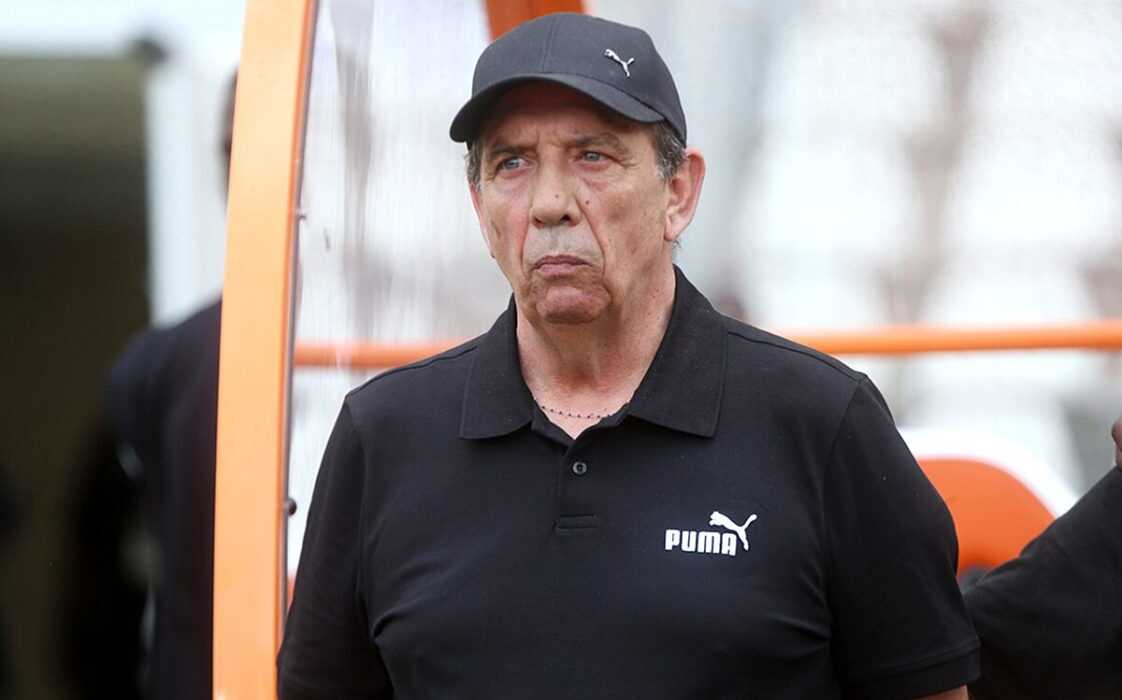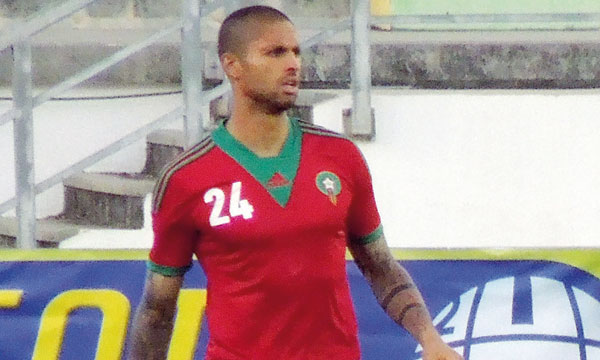Jean-Louis Gasset has spoken candidly about his difficult experience during the 2023 Africa Cup of Nations, admitting he felt compelled to resign as Ivory Coast coach to give the team the best chance of success.
Speaking in an emotional and revealing interview, Gasset detailed the immense pressure he faced during the tournament, culminating in his resignation after a humbling 4–0 defeat to Equatorial Guinea in the group stage.
While Ivory Coast would go on to lift the AFCON trophy, it did so under the leadership of his assistant, Emerse Faé — a transition Gasset himself had proposed.
“The President of the Federation calls me the architect,” said Gasset, referencing his two-year effort building the squad.
“That suits me fine. I constructed this team, drawing from a deep well of Ivorian talent. But the tournament didn’t unfold as I had hoped.”
After a strong opening victory over Guinea-Bissau, Ivory Coast lost to Nigeria in a tightly contested match decided by a penalty.
That result sparked mounting tension, and Gasset admitted the mood shifted dramatically heading into the third group game.
“I felt the pressure after that loss. Before Equatorial Guinea, panic set in. Even though we still had a chance to qualify, I sensed something was wrong — and after that 4–0 defeat, I knew I had to go,” he explained.
Gasset offered his resignation that night. The decision, he said, was not made lightly.
“I told the President the best solution was to bring in a fresh perspective. I had called up certain players, and in doing so, I’d locked myself in. I couldn’t rotate them. They were untouchable,” he admitted. “I felt like a prisoner.”
When asked if he had suggested Faé as his replacement, Gasset confirmed he had.
“He knew the players, he knew the environment, and he wasn’t burdened by the same ties I had,” Gasset said. “There were no more special privileges under him. He brought back competition.”
Faé’s decisions soon proved decisive. Notably, he dropped one of the mainstays in midfield — Franck Kessié — in favour of Jean Michaël Seri during the match against Senegal, a tactical shift Gasset acknowledged he might never have made.
“My midfield had talent but lacked balance. Seri brought structure. Faé saw that,” Gasset said. “He also leaned on experience — players like Max Gradel and Willy Boly. That was always his approach.”
Watching the rest of the tournament from home was, Gasset admitted, deeply painful.
“I took it badly. All that joy, the celebrations, the nation dancing… And I wasn’t there. I felt I had worked for two years to build something, only to miss the most beautiful part,” he said. “But when Adingra crossed for Haller’s goal in the final, I thought: ‘I had a part in this.’ I didn’t get dessert, but I got to share in the meal.”
Despite the heartbreak, Gasset remains proud of his role in Ivory Coast’s triumph and continues to maintain a strong relationship with Ivorian football officials.
“We still speak. There’s trust there. He [President Idriss Diallo] knew my departure wasn’t about money or ego. It was about what was right for the team,” Gasset said.
He also praised Faé’s future prospects as a coach: “He’ll succeed in this profession. Whether that’s in Africa or beyond, that’s up to him. But he has what it takes.”
Asked whether he would ever return to international coaching, Gasset was firm: “No. I’ve done it. I’m staying home now.”
Still, he left the door open to return as a spectator. “Of course, I’d go back to Ivory Coast to watch a match. I was part of something special there. And when I see what Faé achieved — I can only say: bravo.”










